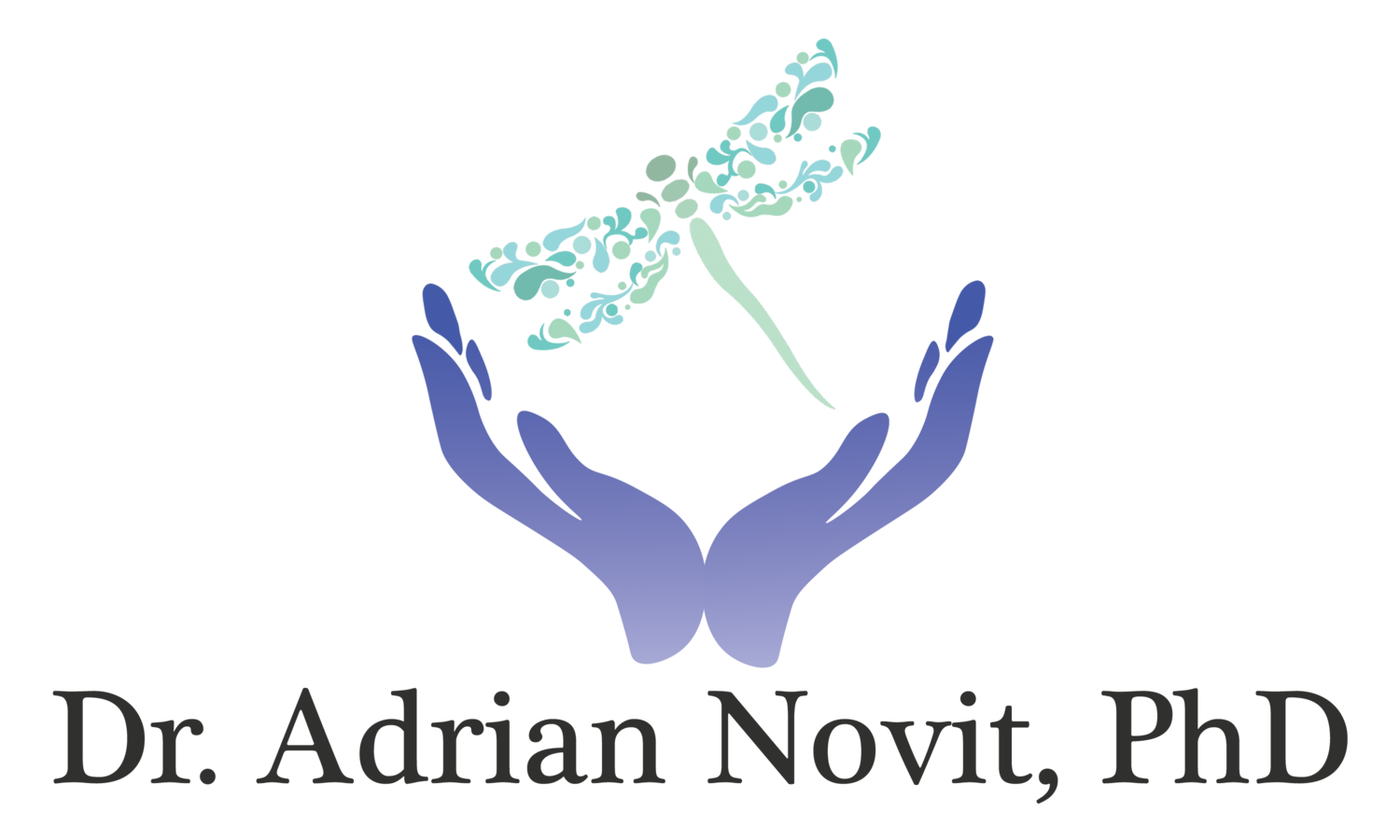With all the daily challenges of raising a child, sometimes it’s hard to know whether you are on the right track.
And sometimes you may not be sure if your child’s behaviors are common and developmentally appropriate. But as a parent, your intuition is your best tool to determine if your child is struggling and your expertise on your child is extremely valuable to the treatment process.
Seeing your child struggle breaks your heart.
Nothing is worse than watching a child suffer and not know how to help them. You would do anything to help them and it worries and frustrates you when you are unsure of what to do to make things better. Many behaviors children exhibit are common and often developmentally appropriate for emotional and psychological growth.
However, consulting with a licensed clinical psychologist can be beneficial if those difficulties or behaviors persist for more than a few weeks or a month and are interfering with your child’s functioning at school, at home, in the community, or with friends.
Children are expected to accomplish so much during a short period of time:
- Adapt to changes that are not within their control
- Build practical everyday living skills
- Function in an increasingly complex social world
- Make decisions
- Manage their feelings and behaviors
- Organize their thoughts and belongings
- Problem-solve and cope effectively
- Stay focused
- Succeed in school
Since children’s brains aren’t yet fully developed, they often struggle to regulate their behavior, have difficulty putting their feelings into words, and have a limited set of problem-solving tools or coping skills.
If you are concerned about your child's behavior, please take a moment to ask yourself, “Will things get worse if I do nothing?” If your answer is “yes", please call (843) 410-8448 or email Dr. Novit to learn more about how she can help.
“Play therapy is based upon the fact that play is the child’s natural medium of self-expression ... It is an opportunity which is given to the child to ‘play out’ his feelings and problems just as in certain types of adult therapy an individual ‘talks out’ his difficulties.”
About Play Therapy
Play therapy builds on the natural way children learn about themselves and their relationships in the world around them. In Play Therapy, toys are like the child's words and play is the child's language. Play is the child’s tool for communication, learning about the world, problem-solving, and practicing essential life skills.
The human brain is wired for play. Starting in infancy, human beings use play to explore and learn how to interact with their environment. Play serves as a medium through which humans begin to negotiate relationships and develop self-regulation.
Even though your child may be smart and talkative, children have not yet reached the place in their development or life experience to fully benefit from “talk therapy” the way an adult can.
In Play Therapy, Dr. Novit uses modeling, role-playing, and rehearsal to help children address their issues and teach them important skills and strategies for managing and expressing feelings, improving self-confidence, and coping with challenges. For example, during play therapy Dr. Novit models positive ways to self-regulate. It's through role-playing and rehearsal that a child learns to internalize, master, and apply these strategies in other settings.
“What makes a child gifted and talented may not always be good grades in school, but a different way of looking at the world and learning.”
Ways Dr. Novit can help
During sessions, Dr. Novit promotes the learning of emotional and behavioral self-regulation by providing a non-judgmental, emotionally-supportive, therapeutic environment with clear boundaries and limits.
Therapy with Dr. Novit can help children
- Build frustration tolerance and impulse control
- Develop problem-solving skills and healthy coping strategies
- Express what is troubling them when they don’t have the verbal language to express their thoughts and feelings
- Improve self-esteem and foster confidence in their abilities
- Learn new social skills for developing friendships and interacting with family and the community
- Self-regulate feelings, reactions and behaviors more successfully
Play and movement are the natural ways that children communicate and make sense of the world around them. Children need a place where they can work through their feelings and learn to modify their behavior in a way that suits them best developmentally and emotionally.
The ultimate goal is to promote healthy and progressive emotional development, enabling a child to function effectively in his or her environment. Dr. Novit achieves this through a combination of play therapy, cognitive-behavior therapy, behavioral management therapy and parent support sessions.
“You can discover more about a person in an hour of play than in a year of conversation.”
“Parents are the ultimate role models for children. Every word, movement and action has an effect. No other person or outside force has a greater influence on a child than the parent. ”
Parent Support
Dr. Novit can help you understand the developmental stage your child is going through and guide you through the process of assessing what’s “normal” behavior for your child. She can also help you develop skills and practical tools that support the parent-child relationship and gain greater confidence in parenting by addressing your parenting challenges and concerns. Ultimately, you and Dr. Novit work together to determine helpful strategies, interventions, and recommendations to bridge the gap for your child between home, school, and therapy.
Also, with your written consent, Dr. Novit will collaborate with other important resources in your child’s life — physicians, psychiatrists, teachers, educational therapists, clergy, former therapists, family members, and speech therapists, etc. — to understand your child, as fully as possible, and to coordinate and maximize treatment benefits. If we're all pulling together, we can accomplish the best for your child.




